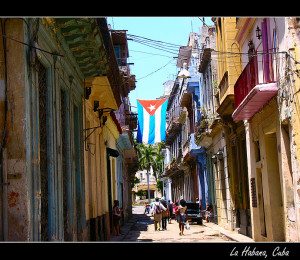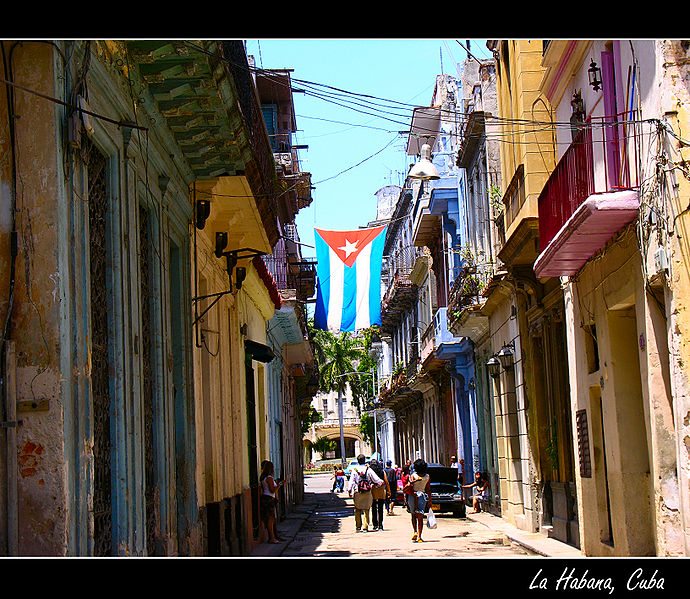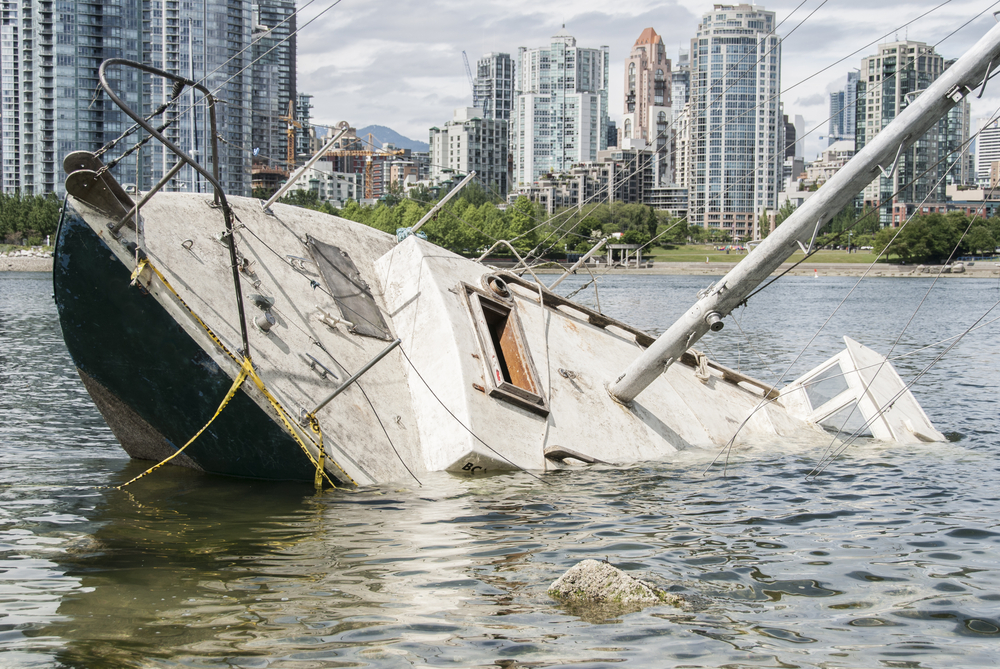
The sailing itself comes in the wake of President Obama’s historic visit to Cuba. After departing from Miami on May 1, the Adonia ship will make its way to the capital city of Havana, the first port of call on its 8-day itinerary. Adonia will also stop in Cienfuegos and Santiago.
Many U.S. travelers have expressed interest in visiting the island nation and Carnival claims that it is catering to new demands and tastes. Yet, there have been strict travel restrictions against U.S. citizens who wish to visit the island nation. Carnival received approval for Cuba sailings last year because of the unique cultural exchange program that fathom offers. But despite having approval to visit the island, can passengers truly count on the cruise line to maintain their safety? And, what exactly will the impact of the sailing have on future cruise travel to Cuba? These are important questions to consider.
As far as other cruise lines making their way to Cuba, there’s a growing concern over ship size and whether Cuba’s ports have the infrastructure to support large cruise ships. The Miami Herald reports that, in order to take this into account, smaller ships typically used in the U.K. will be used for Cuba sailings. The Adonia itself is on the smaller side, boasting a 710-passenger carrying capacity. Ok, that takes care of ship size, but will Cuba’s ports, which are significantly smaller in size compared to other popular ports cruise lines call on – and which haven’t seen U.S. ships for decades – be structurally sound and ready to handle waves of new tourists? Only time will tell.
Many say cruises offer travelers a good opportunity to see Cuba, because the cruise ship serves as a hotel in a nation that may not have the accommodation resources to handle an influx of new visitors. Despite the cruise’s popularity, many Miami travelers won’t likely be able to book a ticket on the cruise. Miami residents born in Cuba are restricted from visiting the island, even for cultural exchange. The cruise line explains that the main market for the cruises lies outside the Miami Cuban exile community.
Visitors who plan to travel to Cuba on a cruise should do their research. First off, they should make sure they qualify for a cultural exchange visa. Secondly, they should look into the safety of the cultural exchange programs being offered. Volunteering on your vacation can be a wonderful way to support impoverished communities, but you’ll want to make sure that safety measures are in place, especially given that you’ll be visiting an island nation that hasn’t seen a great deal of American travel.
Americans may also be vulnerable tourists. Travelers should take precautions to protect themselves against cruise ship crime both aboard the vessel and while in port – especially given the fact that fathom passengers will be engaging in volunteer efforts that may be located deep in each city and away from the larger crows found near the port. Passengers should also refrain from bringing valuables ashore, including expensive jewelry, cameras, electronics, and cash. It would also be a wise idea for prospective Cuba travelers to double-check vaccination requirements to protect their health.
Published on March 25, 2016
Categories: Carnival Cruises, Cruise Ship Law, Maritime Law
Get Free
Consultation











